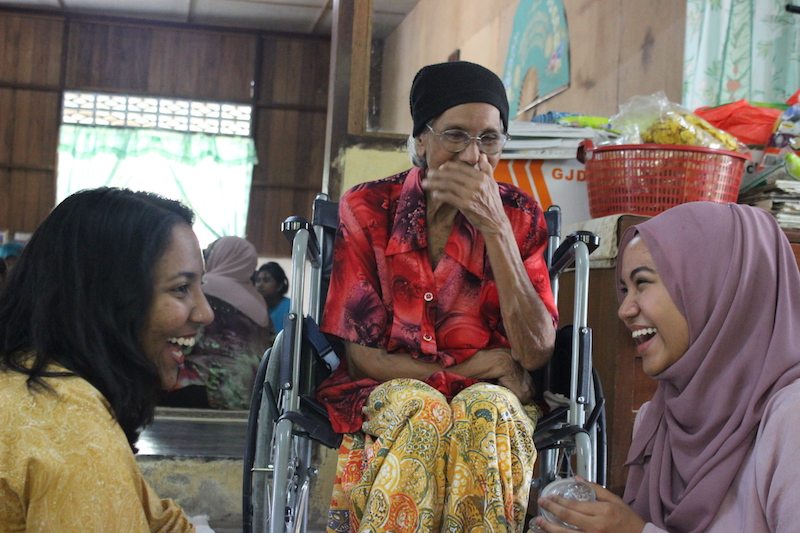The dire warnings about the state of society and all its problems usually start from the level of individuals or society in general. Naturally, the solutions to these problems also tend to focus on individuals or society. Yet this fails to acknowledge the critical role that families play in the health of both individuals and society. In reducing social problems to the level of an individual, solutions can easily become short-sighted, even creating more problems than solutions.

Families play a critical role in the health of both individuals and society
On the other hand, centralized, one-size-fits-all policies and programs are probably more notable for failing to fit most.
We can all acknowledge that families are important. Yet there have not been enough studies, programs or policies that support or strengthen the family as a unit to address deeply rooted social problems.
Many times, this is because the importance of families to the health of individuals and society is understood only in negative terms. Put simply, we usually can see the importance of families when we study the fallout that happens when families fall apart.
For instance:
- This paper studies the emotional disorders in children caused by the breakdown of the family in the U.S.:
- According to this website, the annual cost of family breakdown in the UK is estimated at £47 billion;
- In Australia, this study shows that problems in the family are linked to child homelessness
Yet, as Leo Tolstoy wrote, “All happy families resemble one another, each unhappy family is unhappy in its own way.” When focusing on the “unhappy family,” each situation is “unhappy in its own way” there may never be a way to determine any general solutions.
If we were to focus, instead, on the common characteristics of happy, healthy families it may help us to understand how to support and strengthen existing families to follow similar patterns. And in fact, studying the as-yet exceptional, happy family may produce general standards and norms that can be studied, taught, shared and, hopefully, replicated.
A few themes to be studied more deeply might include:
- What similar patterns of attitude or behavior emerge among couples and families that report greatest satisfaction in their family life?
- What role does the family or extended family play for those who express the greatest sense of satisfaction in life?
- Case studies of exceptionally healthy, happy families
- The importance of family support systems
Because studying healthy, exceptional families helps us to understand human potential, the lessons learned can help to inform how we work to strengthen families to support healthy societies.

GPF Malaysia Going Home project strengthens women, youth and families in building peaceful societies
Most social problems are linked in some way, shape or form to human connection.
Because individuals are born, raised and exist in some kind of social configuration – usually surrounded by a family – it is logical to address not just individuals with a problem but the family as a whole to produce long-term, collaborative solutions that address the problem in long-term, holistic ways.
The family is a microcosm of the universe and for better or worse, everyone is born into a family. Being able to identify resources that would help support and strengthen families would tackle problems that affect individuals and at the same time address problems that the society faces. For even this reason alone, there is a case for trying to address the family as a unit to mitigate problems on two entirely different levels.
These are just some of the reasons for Global Peace Women’s (GPW) motto Peace begins at home. For more information on GPW programs and activities visit Global Peace Foundation.
Hyun Jin Preston Moon is the founder and chairman of Global Peace Foundation.

